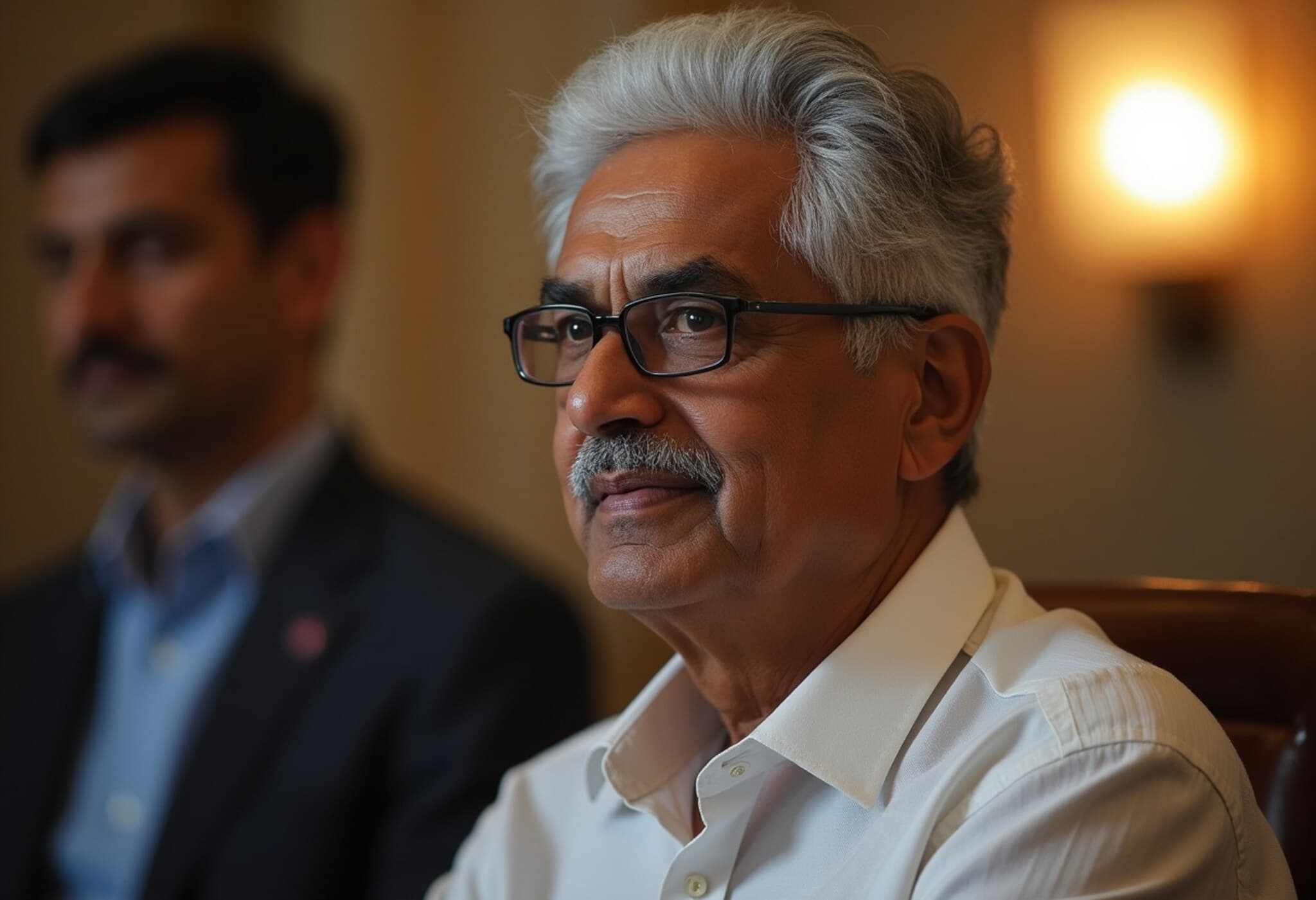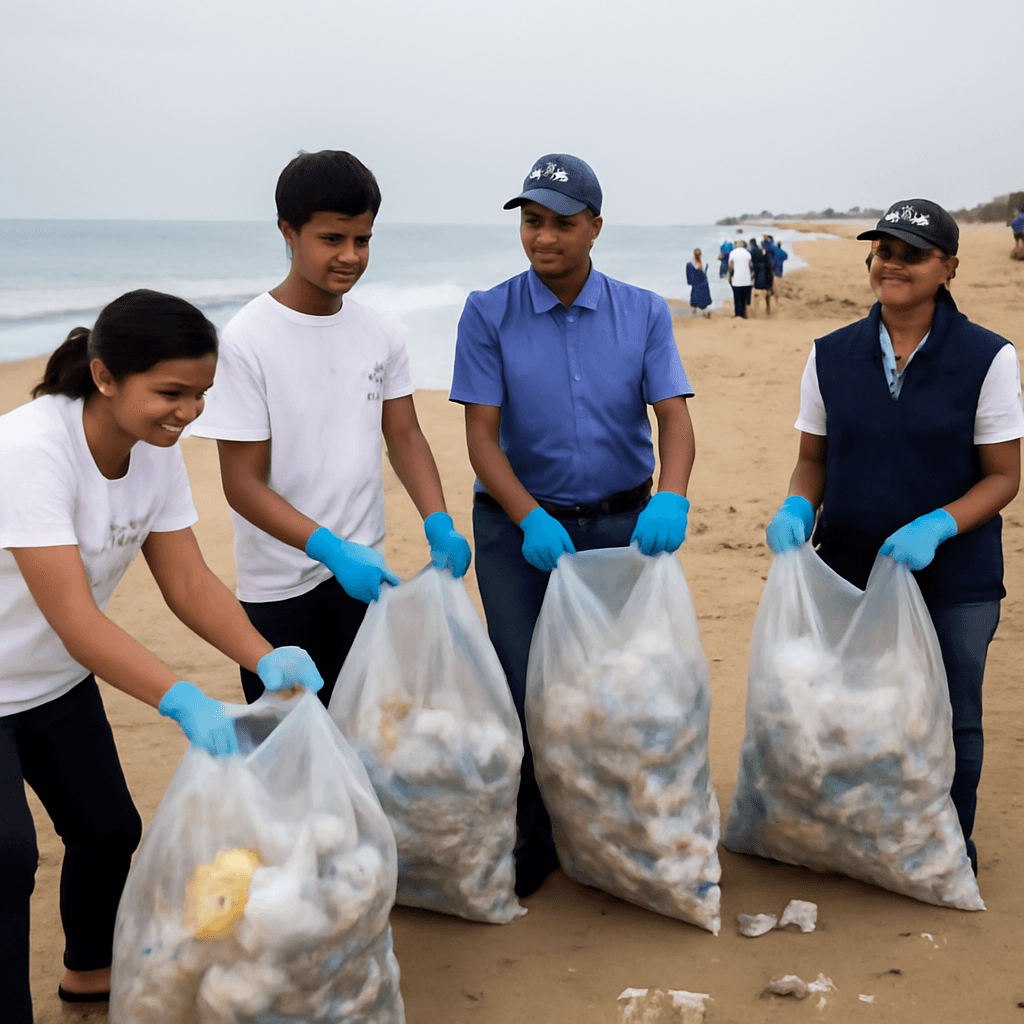Ex-Ministers Face Long Prison Terms in High-Profile Carrom Board Scam
On May 29, 2025, a Colombo High Court delivered a landmark verdict sentencing two former Sri Lankan ministers to lengthy jail terms in the controversial “carrom board case.” Former Sports Minister Mahindananda Aluthgamage received 20 years of rigorous imprisonment, while ex-Trade Minister Anil (Nalin) Fernando was sentenced to 25 years behind bars for the misappropriation of state funds.
1. The Court’s Verdict: A Strong Anti-Corruption Statement
The Permanent High Court Trial-at-Bar in Colombo handed down sentences after hearing evidence on the illegal expenditures related to the procurement of carrom and draught boards, marking a significant judicial blow against political corruption in the country.
2. Misappropriation of Over Rs. 53 Million in State Money
Investigations revealed that more than Rs. 53 million of public funds were siphoned off through a fraudulent procurement deal carried out between September and December of 2014. The case was spearheaded by the Commission to Investigate Allegations of Bribery or Corruption (CIABOC), which meticulously tracked the misuse of government resources.
3. Boards Used as Political Tools During Elections
The state funds were reportedly diverted to import 14,000 carrom boards and 11,000 draughts sets, which were distributed to local sports clubs. Prosecutors argued this was a calculated move intended to curry favor and bolster the re-election campaign of then-President Mahinda Rajapaksa in 2015, exploiting public resources for partisan advantage.
4. Violations of Procurement Laws and Ethics
The CIABOC highlighted that procurement rules were openly disregarded, emphasizing the political motivations behind the purchases and the lack of due process, thus constituting a clear breach of transparent governance principles.
5. Formal Charges and Legal Basis
The accused faced six charges under Section 70 of the Sri Lankan Bribery Act, which addresses the misuse of public property for unauthorized purposes. The charge sheet underscored the gravity of the allegations and the accountability expected from public officials.
6. Appeal in the Highest Court
Following the conviction, Aluthgamage’s legal team lodged an appeal with the Supreme Court of Sri Lanka, seeking to overturn the High Court’s ruling. The case now awaits final adjudication, which will be closely watched as a litmus test for justice and political integrity.
7. A Milestone in Sri Lanka’s Fight Against Corruption
This case is notable for being the first successful prosecution of a senior member from the Rajapaksa-era cabinet on corruption charges. Though the legal battle began over six years ago and experienced delays, the recent government's push for accountability has accelerated proceedings, signaling a shift towards stricter enforcement against corrupt practices.
The carrom board case symbolizes a turning point in Sri Lanka’s ongoing battle against corruption. As the legal process unfolds at the Supreme Court, the nation continues to demand transparency and justice from its leaders.



















